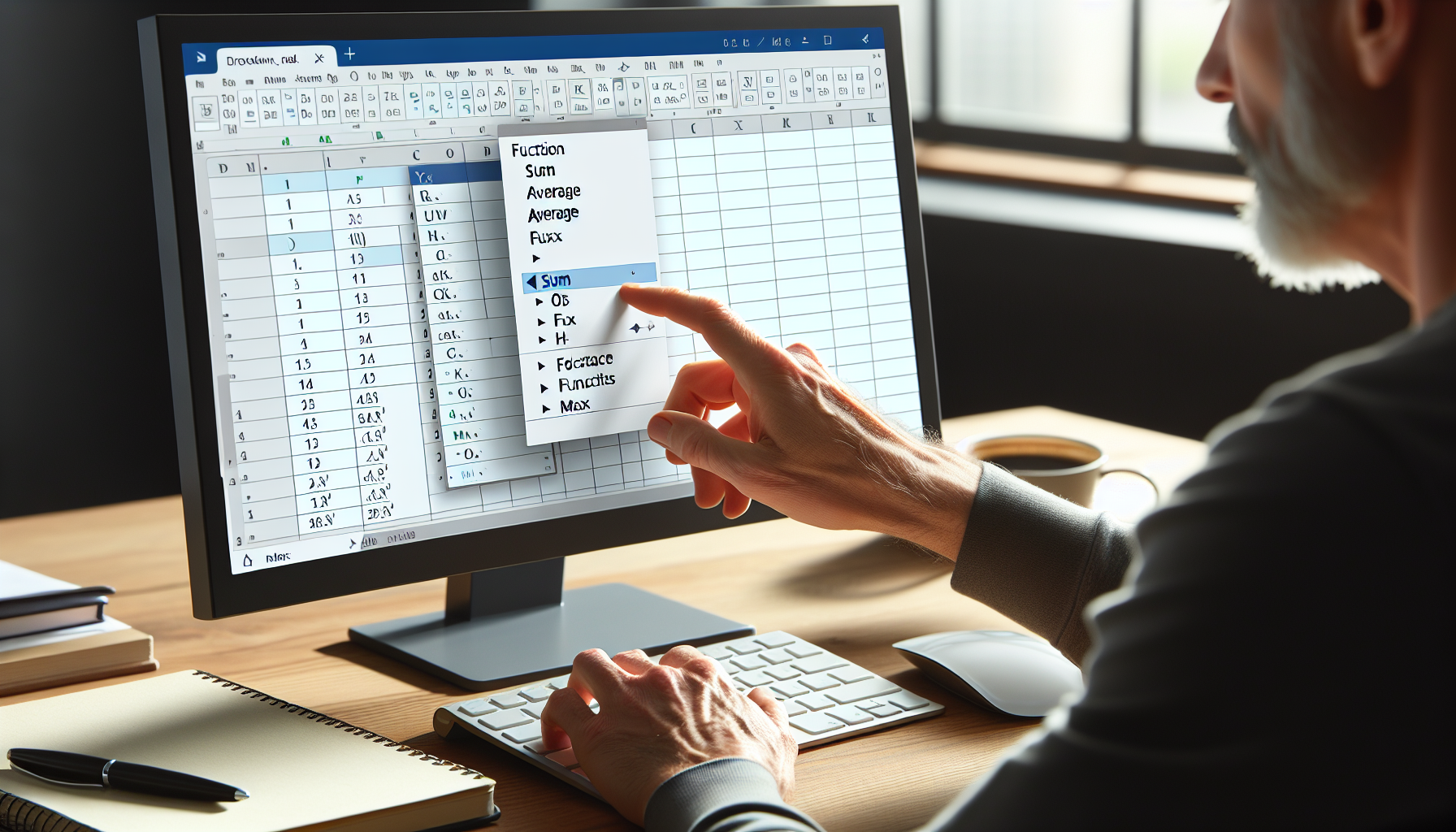“`html
Understanding the Function Command in Excel VBA
Excel VBA (Visual Basic for Applications) is a powerful tool that allows users to automate tasks and create complex calculations. One of the fundamental building blocks in VBA is the Function. In this blog post, we will delve into the basics of the Function command, how to use it, and provide some practical examples to help you get started.
What is a Function in Excel VBA?
A Function in Excel VBA is a procedure that performs a specific task and returns a value. Unlike Sub procedures, which do not return values, functions are used when you need to perform calculations or operations and use the result in your workbook or another part of your VBA code.
How to Use the Function Command
Creating a function in VBA is straightforward. Here is the basic syntax:
Function FunctionName (arg1 As DataType, arg2 As DataType, ...) As ReturnType
' Your code here
FunctionName = result
End Function
In this syntax:
- FunctionName: The name you assign to your function.
- arg1, arg2, …: These are the arguments or parameters the function takes. Each argument must have a specified data type.
- ReturnType: The data type of the value the function will return.
Example of a Simple Function
Let’s look at a simple example. Suppose you want to create a function that adds two numbers and returns the result:
Function AddNumbers(num1 As Double, num2 As Double) As Double
AddNumbers = num1 + num2
End Function
In this example, the AddNumbers function takes two arguments, num1 and num2, both of which are of type Double. The function then adds these two numbers together and returns the result.
Using the Function in Your VBA Code
To use the function you’ve created, simply call it from a sub procedure or another function. Here’s an example:
Sub TestAddNumbers()
Dim result As Double
result = AddNumbers(5.5, 3.3)
MsgBox "The result is " & result
End Sub
When you run the TestAddNumbers sub procedure, a message box will display with the result of the addition.
Conclusion
Functions in Excel VBA are essential for performing calculations and returning values. By understanding the basics of how to create and use functions, you can enhance your VBA programming skills and create more efficient and powerful macros. Start by practicing with simple functions and gradually move on to more complex calculations to fully leverage the power of VBA.
“`

